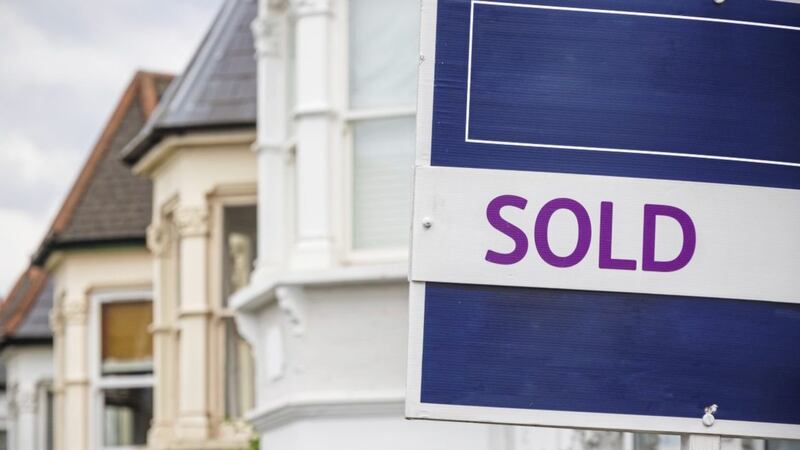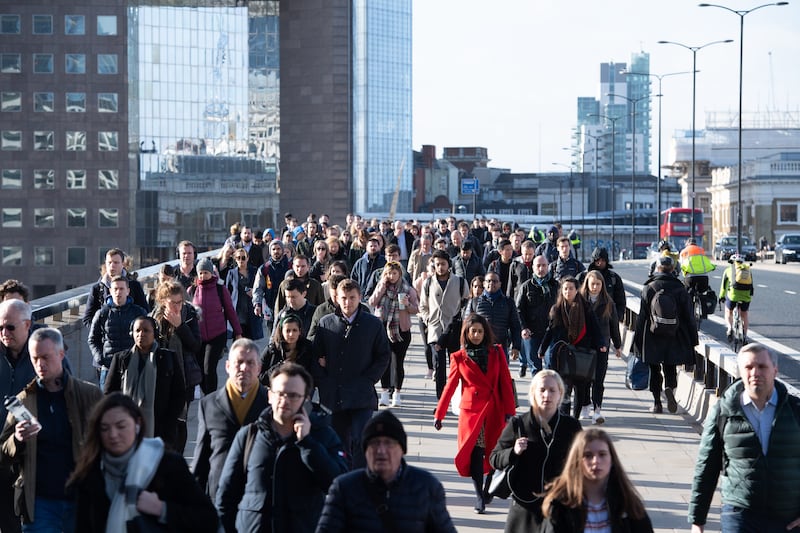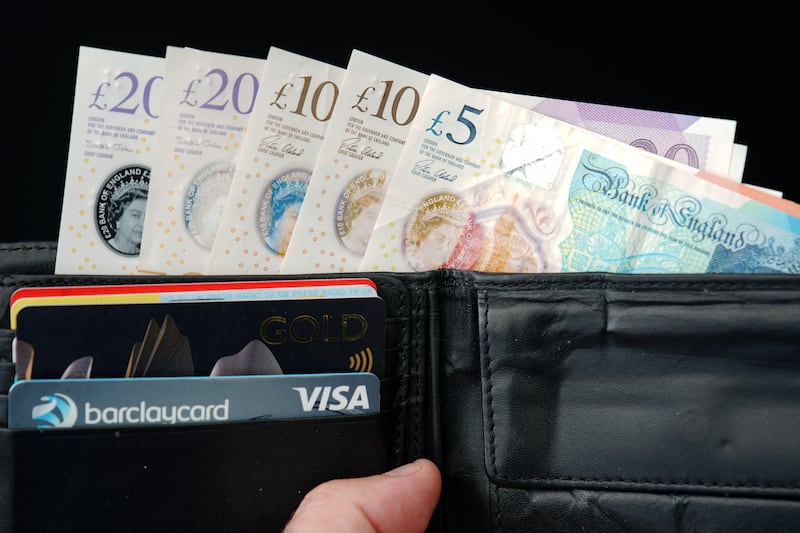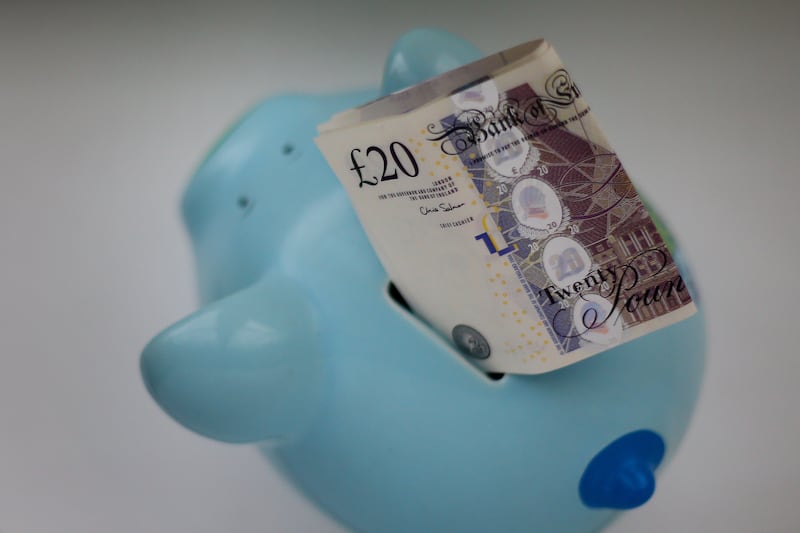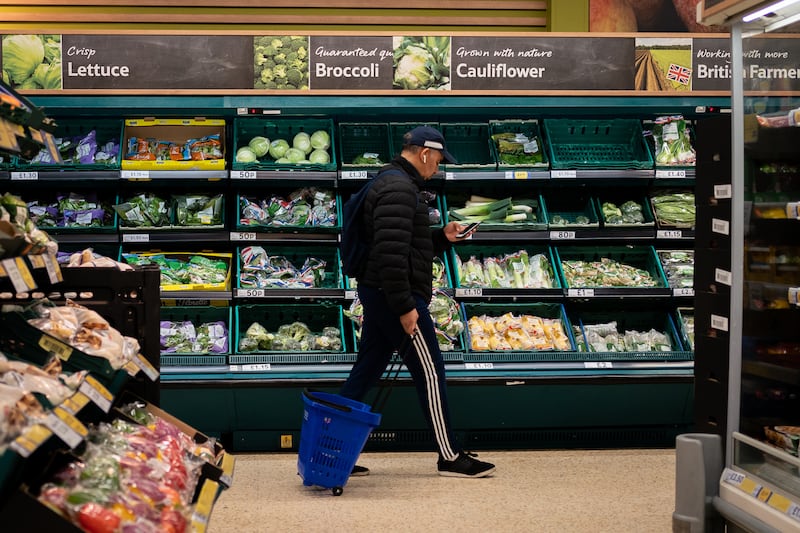HOUSE price inflation in Northern Ireland accelerated last month, a new report from Halifax has suggested.
The lender’s monthly house price index indicated that the average price of a home in the north rose to £169,308 during October, 11.3 per cent higher than 12 months ago.
The report said the rate of growth was the strongest in four months.
It followed another spike in house sales during September.
The last official Northern Ireland house price index, released in August, put the average price of a house here at £153,449 for the second quarter of 2021, a nine per cent increase in a year.
Halifax, Nationwide and Ulster University also publish their own indices, using different methodology to Land and Property Services (LPS), hence the discrepancies between the average home price.
But all the reports have broadly recorded similar rates of price inflation.
Meanwhile data collected by HMRC has revealed that September was one of the busiest months on record for the north’s housing market.
Some 3,830 homes were sold during September, almost identical to June, when 3,880 deals were done. June 2021 was the busiest single month for residential property sales here since 2007.
The latest spike followed a summer lull, with 2,500 properties exchanged in July and 2,740 in August.
Halifax said the average price of a house in UK hit a record £270,027 in October.
Halifax said it’s the first time the average UK house price has topped £270,000.
Its report said annual house price inflation accelerated to 8.1 per cent UK-wide, from 7.4 per cent in September.
Russell Galley, managing director of Halifax said: "With prices rising for a fourth straight month, the annual rate of inflation now sits at 8.1 per cent, its highest level since June.
"One of the key drivers of activity in the housing market over the past 18 months has been the race for space, with buyers seeking larger properties, often further from urban centres.
"Combined with temporary measures such as the cut to stamp duty, this has helped push the average property price up to an all-time high of £270,027.
"Since April 2020, the first full month of lockdown, the value of the average property has soared by £31,516 (13.2 per cent)."
He said that first-time buyers, supported by parental deposits, have improved mortgage access and low borrowing costs have also helped to drive price growth in recent months.
Mr Galley said: "First-time buyer annual house price inflation (9.2 per cent) is now at a five-month high, and has pushed ahead of the equivalent measure for home movers (8.1 per cent).
"More generally the performance of the economy continues to provide a benign backdrop to housing market activity. The labour market has outperformed expectations through to the end of furlough, with the number of vacancies high and rising relative to the numbers of unemployed.
"With the Bank of England expected to react to building inflation risks by raising rates as soon as next month, and further such rises predicted over the next 12 months, we do expect house buying demand to cool in the months ahead as borrowing costs increase.
"That said, borrowing costs will still be low by historical standards, and raising a deposit is likely to remain the primary obstacle for many. The impact on property prices may also be tempered by the continued limited supply of properties available on the market."
